In May 2021, Binh Thuan Province's Fisheries Surveillance officially came into operation and was one of the few provinces and cities in the country to pioneer the establishment of a fisheries surveillance force according to the 2017 Fisheries Law.
A solid support for fishermen
In recent times, the fisheries surveillance force has properly performed its functions and tasks in the assigned sea areas, supporting fishermen in exploiting the sea areas. In addition, the fisheries surveillance force has increased patrols, inspections and controls in key fishing grounds, focusing on preventing and handling violations, making an important contribution to combating illegal, unreported and unregulated (IUU) fishing. However, the situation of fishing vessels violating IUU regulations is still complicated and sophisticated to evade authorities. Not only that, aquatic resources are seriously declining, the IUU "yellow card" warning has not been lifted, so law enforcement in general and for the fisheries surveillance force in particular plays an even more important role. Therefore, the establishment of the provincial fisheries surveillance force has met the requirements of managing fishing grounds by zoning, ensuring coverage of fishing grounds, protecting resources, and combating IUU fishing in coastal and offshore areas under the province's management. Accordingly, the provincial Fisheries Inspectorate is arranged and deployed at the Fisheries Inspection - Inspection Department and 4 regional Fisheries Inspection Stations in Tuy Phong district, Phan Thiet city, La Gi town and Phu Quy district.
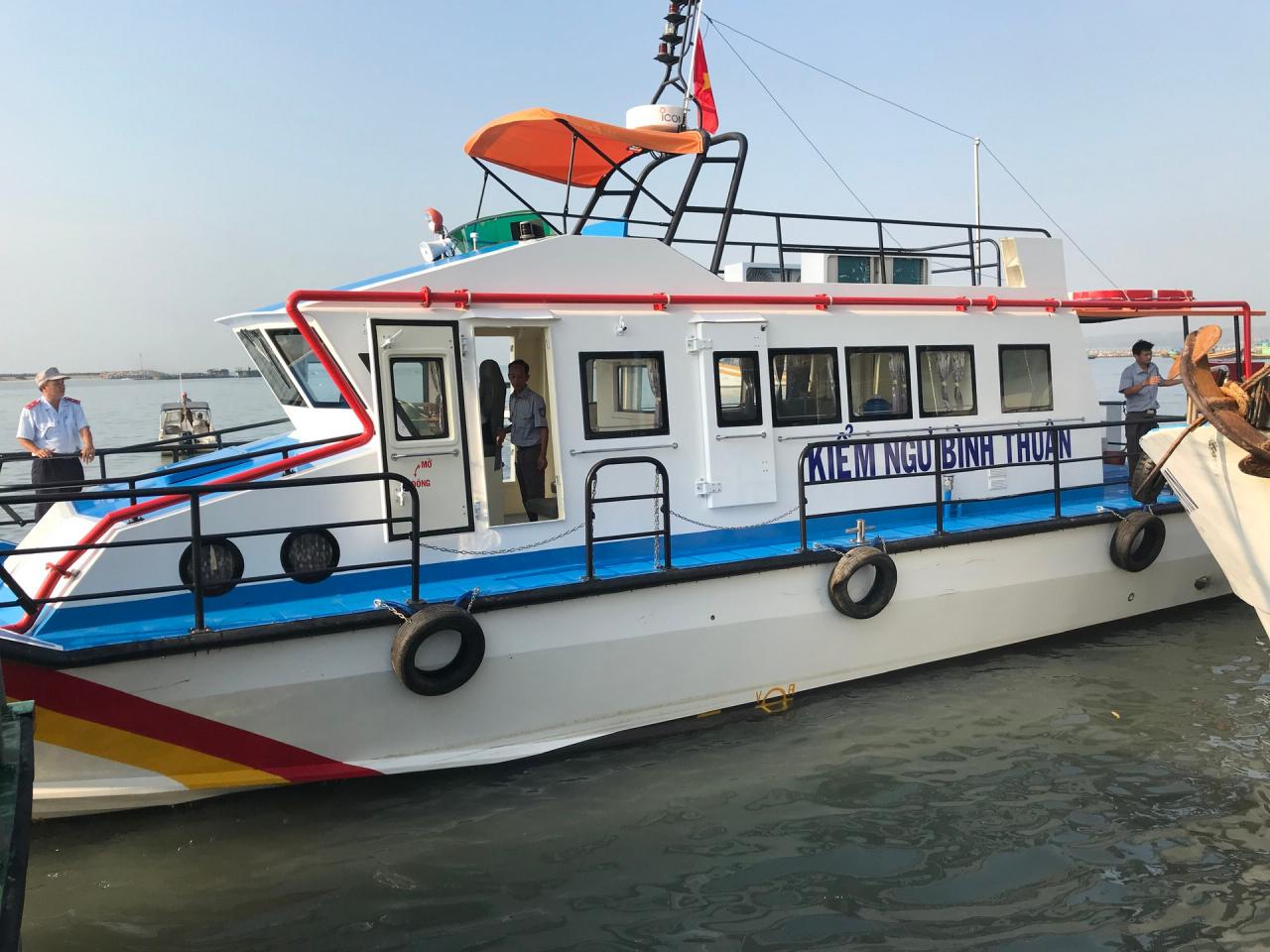
Although it has only recently been established, during its operation, the fisheries control force has gradually grown and affirmed its important role and position in enforcing the law on protecting aquatic resources. In recent years, the provincial fisheries control force has regularly and effectively deployed patrolling, controlling and handling violations of the law in IUU fishing. At the same time, it has closely coordinated with functional agencies and coastal localities to propagate, disseminate and guide fishermen to comply with the provisions of the law on fisheries; actively participated in the work of preventing and combating natural disasters and search and rescue at sea, contributing to reducing accidents at sea as well as helping fishermen feel secure at sea.
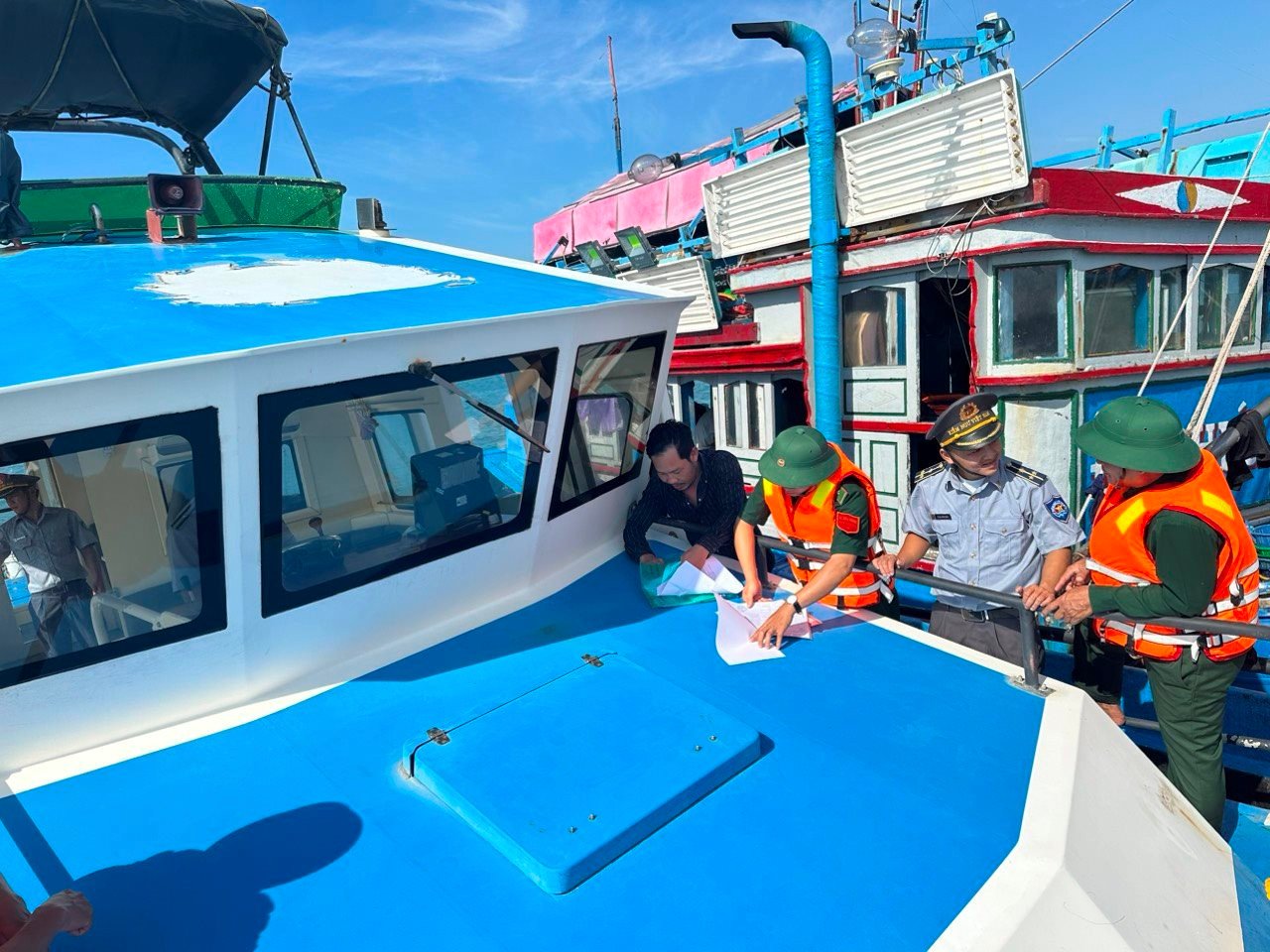
Fisherman Le Van Nga, Duc Long Ward - Phan Thiet City shared: "After more than 40 years of working at sea, especially with my family's boat specializing in offshore fishing, I and many other fishermen are very secure because in addition to forces such as the navy and coast guard, we always receive enthusiastic support from the fisheries control force. Any boat that has an accident at sea, just need to contact the fisheries control force and they will support us promptly. In addition, through patrols and fishing ground control, the fisheries control force also directly guides fishermen to understand the content of the Law of the Sea of Vietnam, the continental shelf demarcation line and regulations in fishing activities. Thanks to that, fishermen's awareness of law compliance at sea is enhanced, minimizing encroachment on foreign waters."
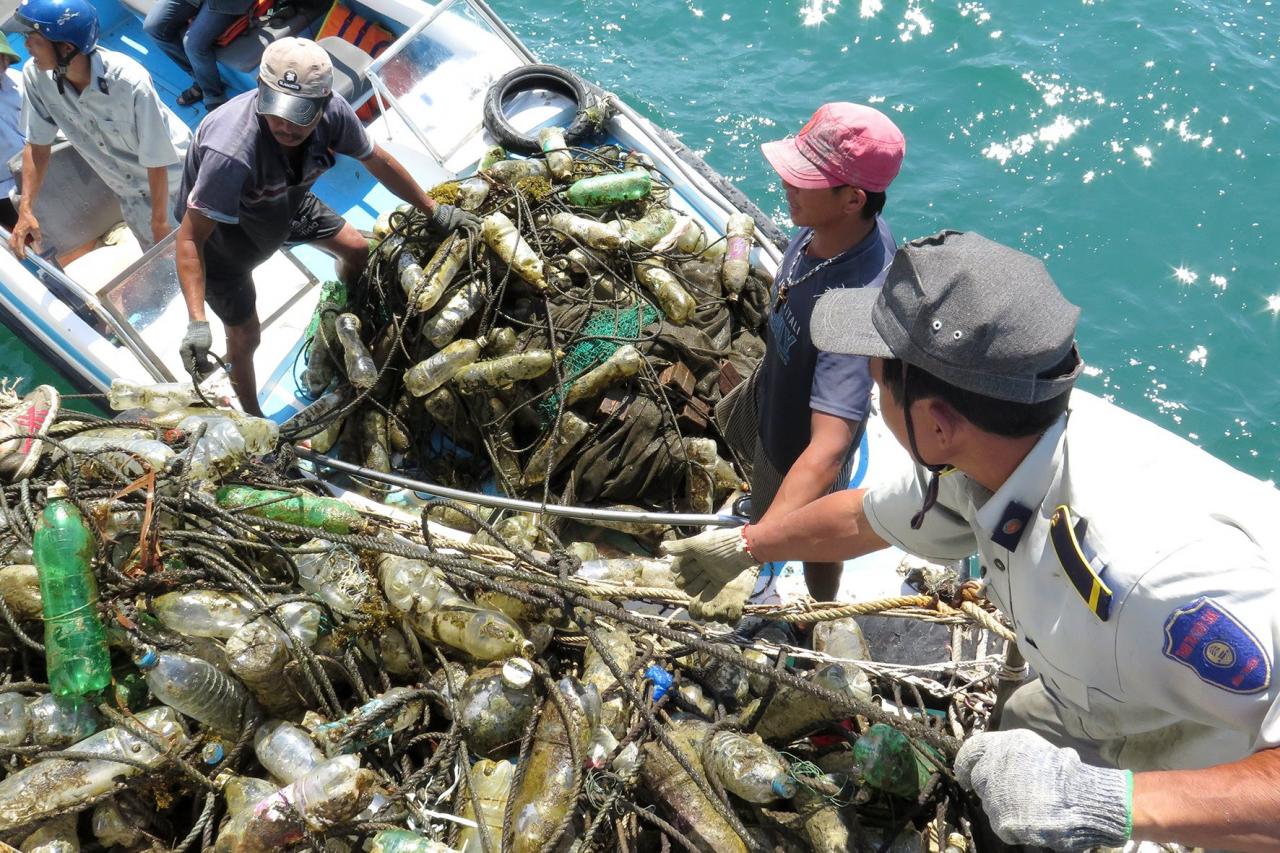
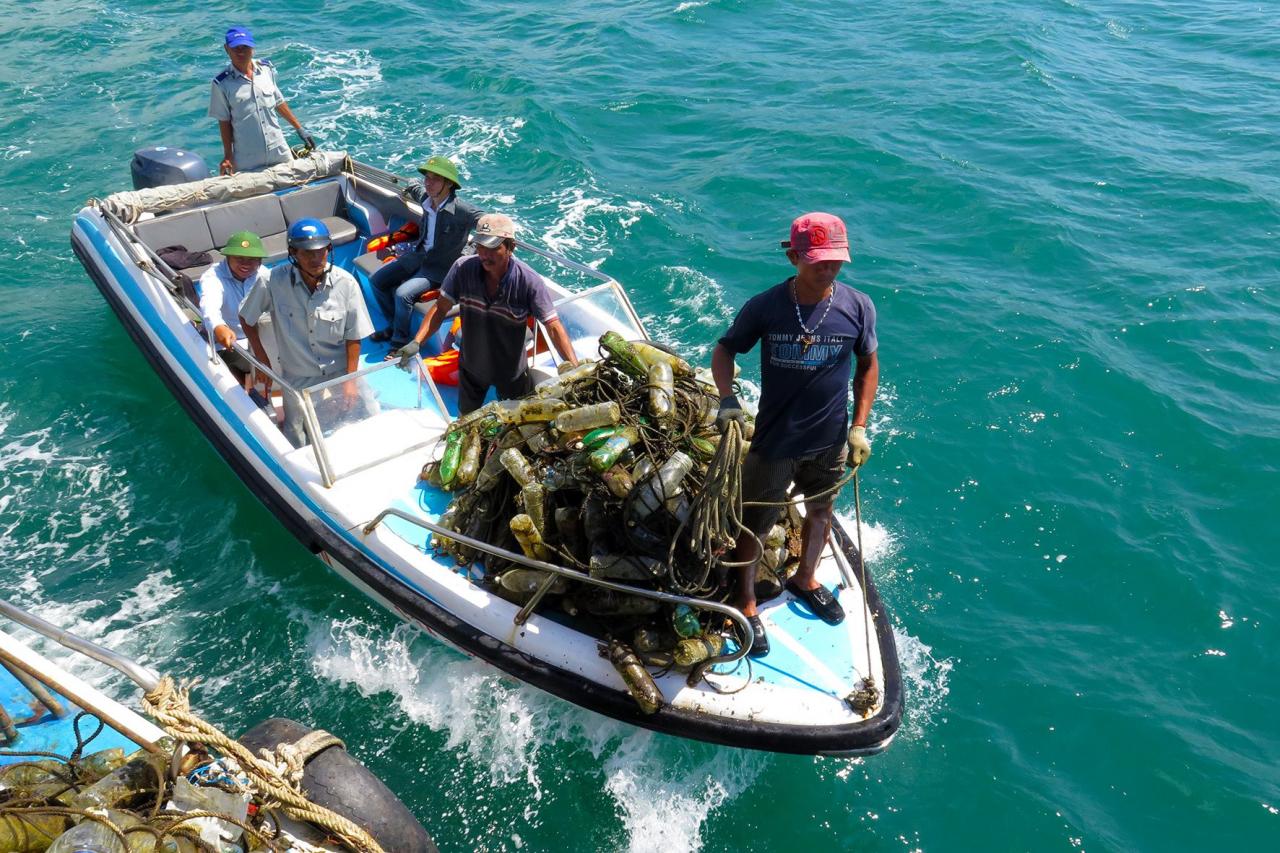
Need to standardize fisheries control force
Not only that, the activities of the fisheries control force have contributed to protecting, regenerating, developing aquatic resources, protecting the marine ecological environment, especially in the current trend of international integration, building responsible fisheries, and sustainable development. Over the years, the fisheries control force has administratively sanctioned hundreds of related cases. In 2021, the force sanctioned 343 cases with a fine of more than 3.8 billion VND; in 2022, it sanctioned 288 cases with a fine of more than 3.1 billion VND; in 2023, it sanctioned 378 cases with a fine of more than 3.5 billion VND.
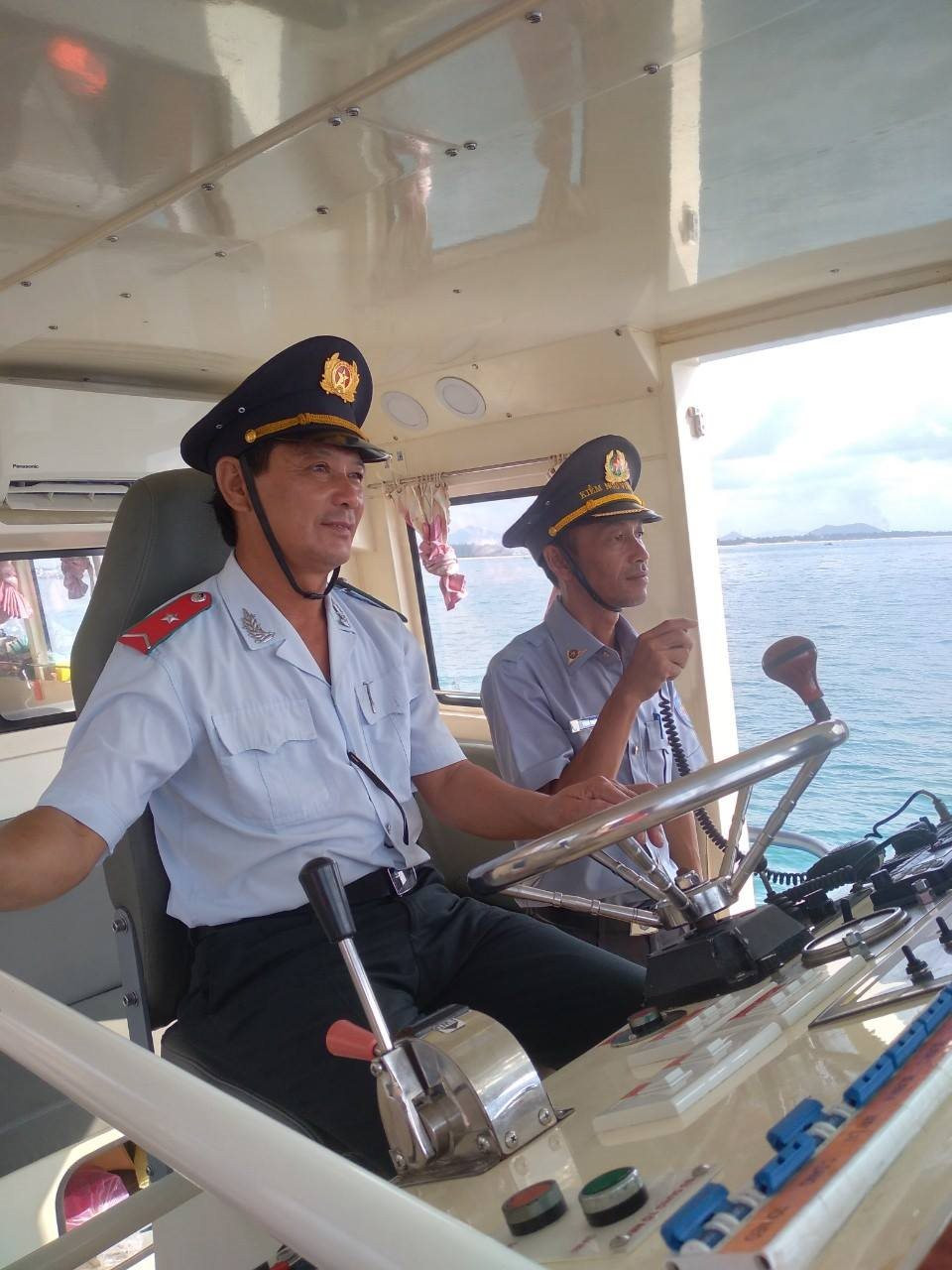
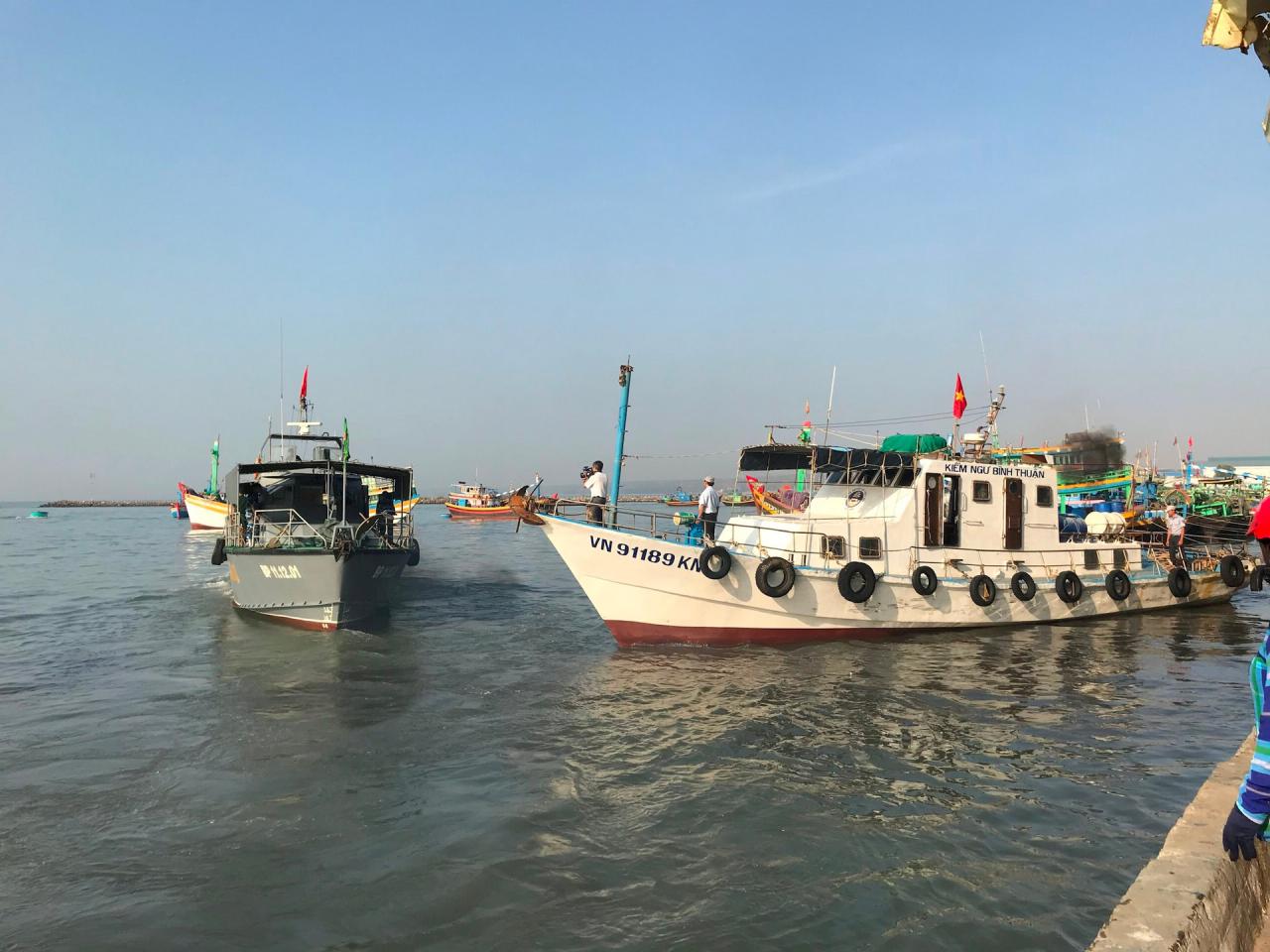
According to the Department of Fisheries, although the fisheries control force has been operating with high intensity and continuously, the situation of illegal fishing (IUU) is still complicated. Exploitation activities that destroy resources such as using explosives, electric shock tools, toxic substances, flying trawling, fishing in the wrong direction, and exploiting young seafood have depleted resources in many coastal areas, especially specialty seafood resources... One of the reasons for the above situation is that, since its operation, the provincial fisheries control force has not been equipped with additional means (ships, canoes) for patrolling, or additional human resources... Having to manage a sea area of about 14,000 km2, with thousands of fishing boats inside and outside the province, but the force has only 40 people with 3 ships and 4 small-capacity canoes, with limited wind and wave resistance. In particular, the regime and policies for the fisheries control force are inappropriate and not commensurate with the difficulty, danger and high risk of the activities of inspecting, controlling and protecting aquatic resources at sea.
To fulfill its core role in protecting aquatic resources and being a solid foundation for fishermen to stay at sea, the provincial fisheries control force needs to be invested in means, human resources, and policies appropriate to the characteristics and specificities of the work, along with strengthening supervision of public discipline, sense of responsibility, and law enforcement of the fisheries control force. When the fisheries control force in localities is standardized, it will become increasingly stronger, providing a solid foundation for patrolling and controlling at sea, contributing to overcoming the "yellow card" of the European Commission (EC) as soon as possible.
Source


![[Photo] General Secretary To Lam receives King Philippe of Belgium](https://vstatic.vietnam.vn/vietnam/resource/IMAGE/2025/4/1/e5963137a0c9428dabb93bdb34b86d7c)


![[Photo] Prime Minister Pham Minh Chinh meets with King Philippe of Belgium](https://vstatic.vietnam.vn/vietnam/resource/IMAGE/2025/4/1/be2f9ad3b17843b9b8f8dee6f2d227e7)
![[Photo] President Luong Cuong and King Philippe of Belgium visit Thang Long Imperial Citadel](https://vstatic.vietnam.vn/vietnam/resource/IMAGE/2025/4/1/cb080a6652f84a1291edc3d2ee50f631)
![[Photo] Close-up of Vietnam's sniffer dog team searching for earthquake victims in Myanmar](https://vstatic.vietnam.vn/vietnam/resource/IMAGE/2025/4/1/d4949a0510ba40af93a15359b5450df2)


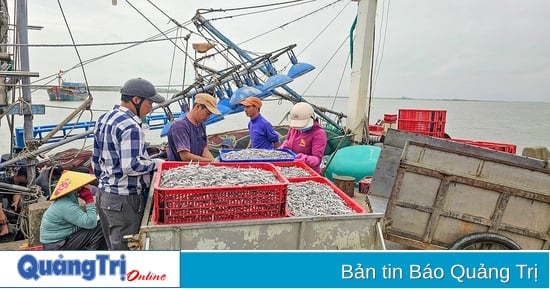
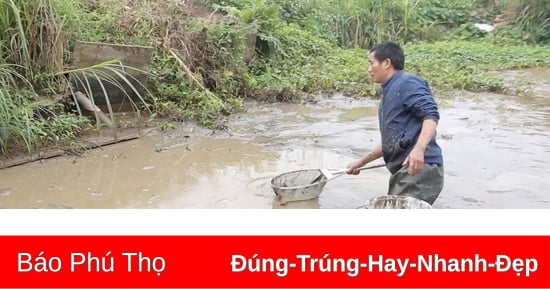
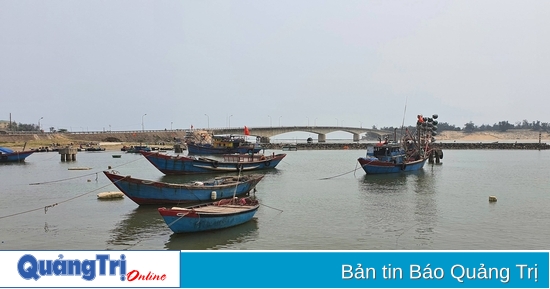
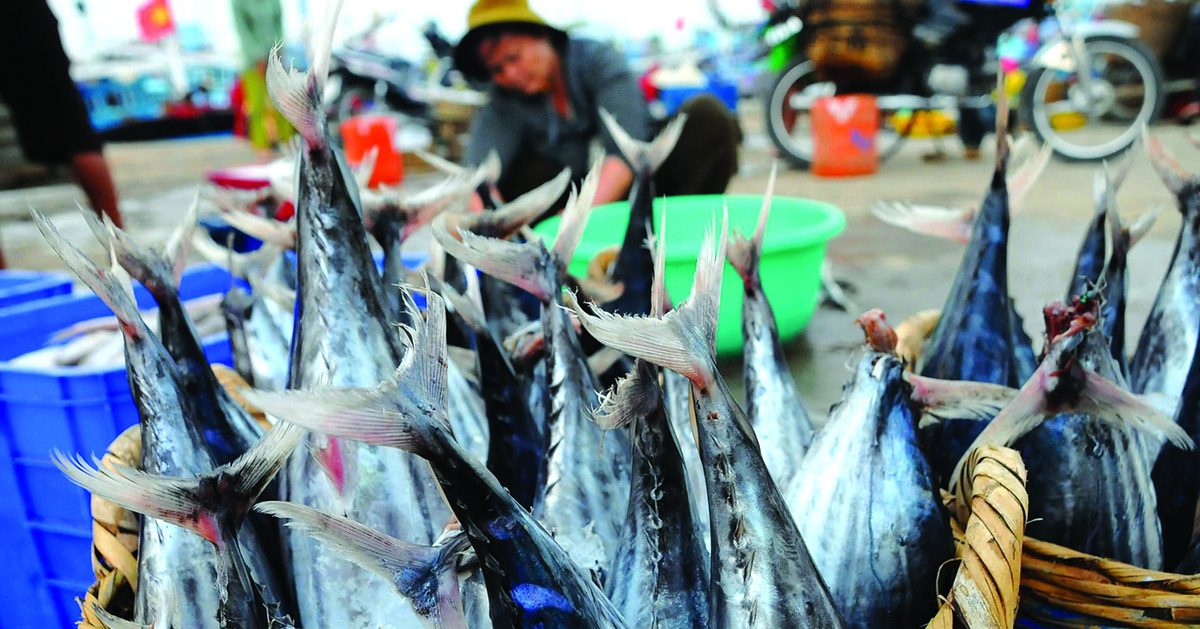




![[6pm News] Of the 40 newly discovered gold mines, 4 are in Thanh Hoa](https://vstatic.vietnam.vn/vietnam/resource/IMAGE/2025/4/1/08644991aa1b4030a549159f2f87c0d6)







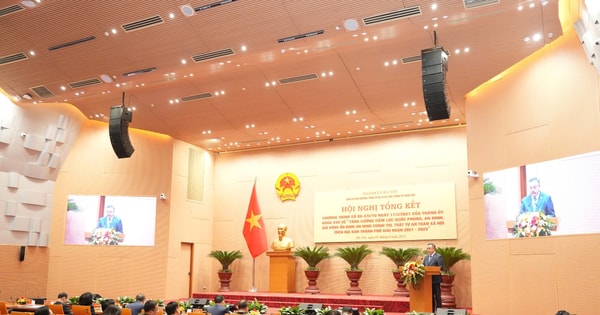
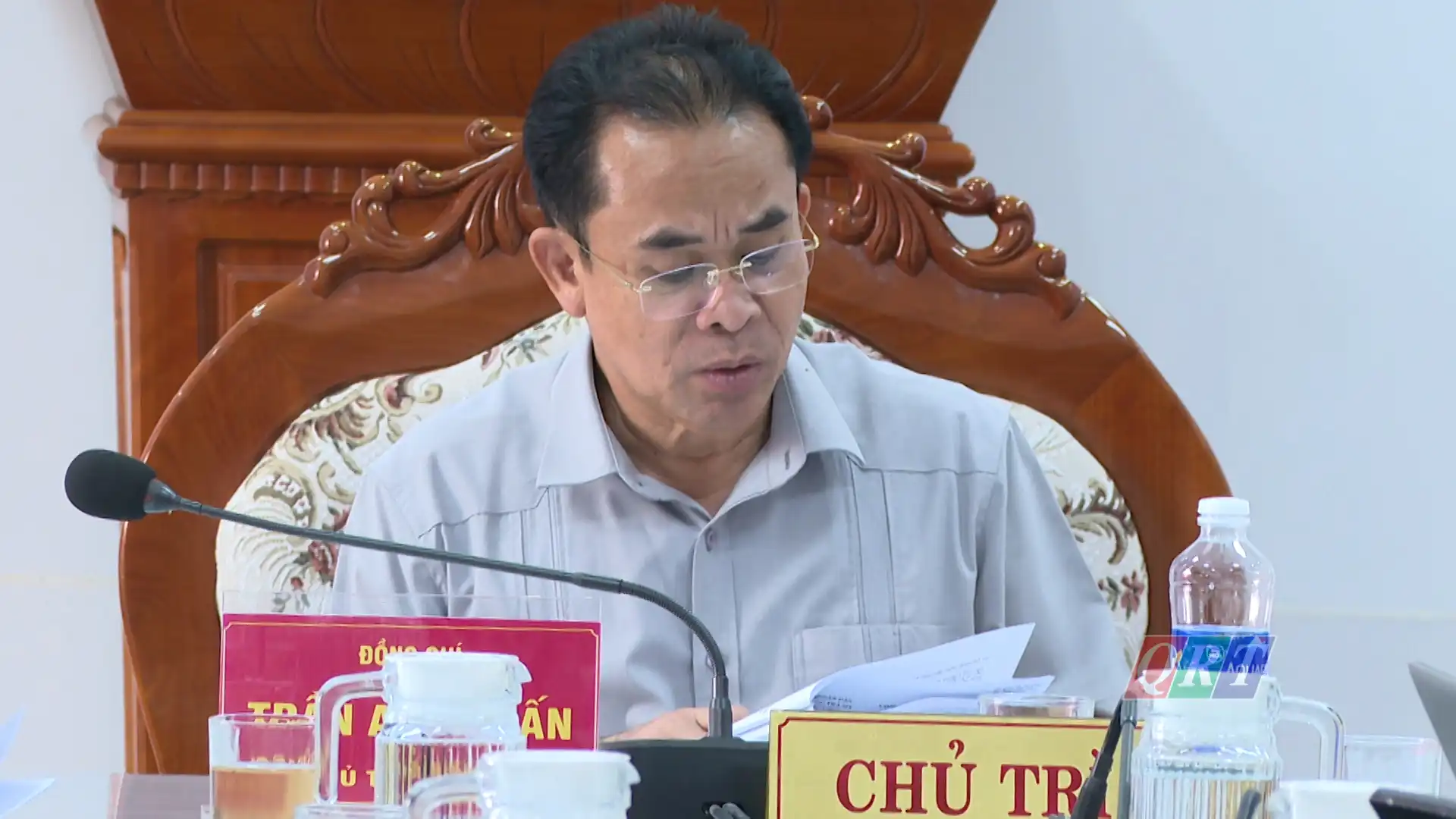
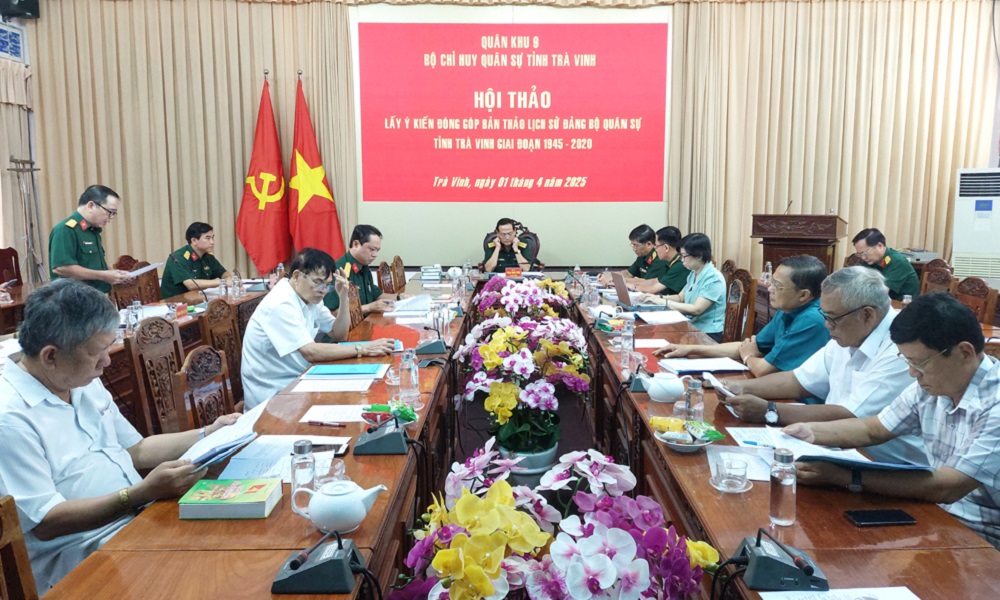

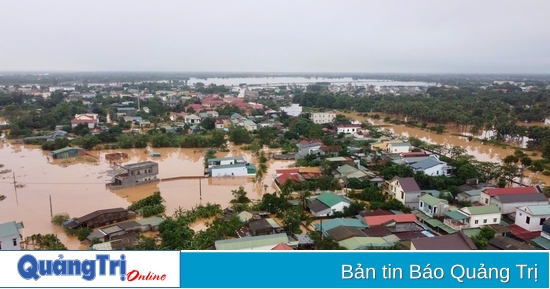
![[Photo] Myanmar's capital in disarray after the great earthquake](https://vstatic.vietnam.vn/vietnam/resource/IMAGE/2025/4/1/7719e43b61ba40f3ac17f5c3c1f03720)







































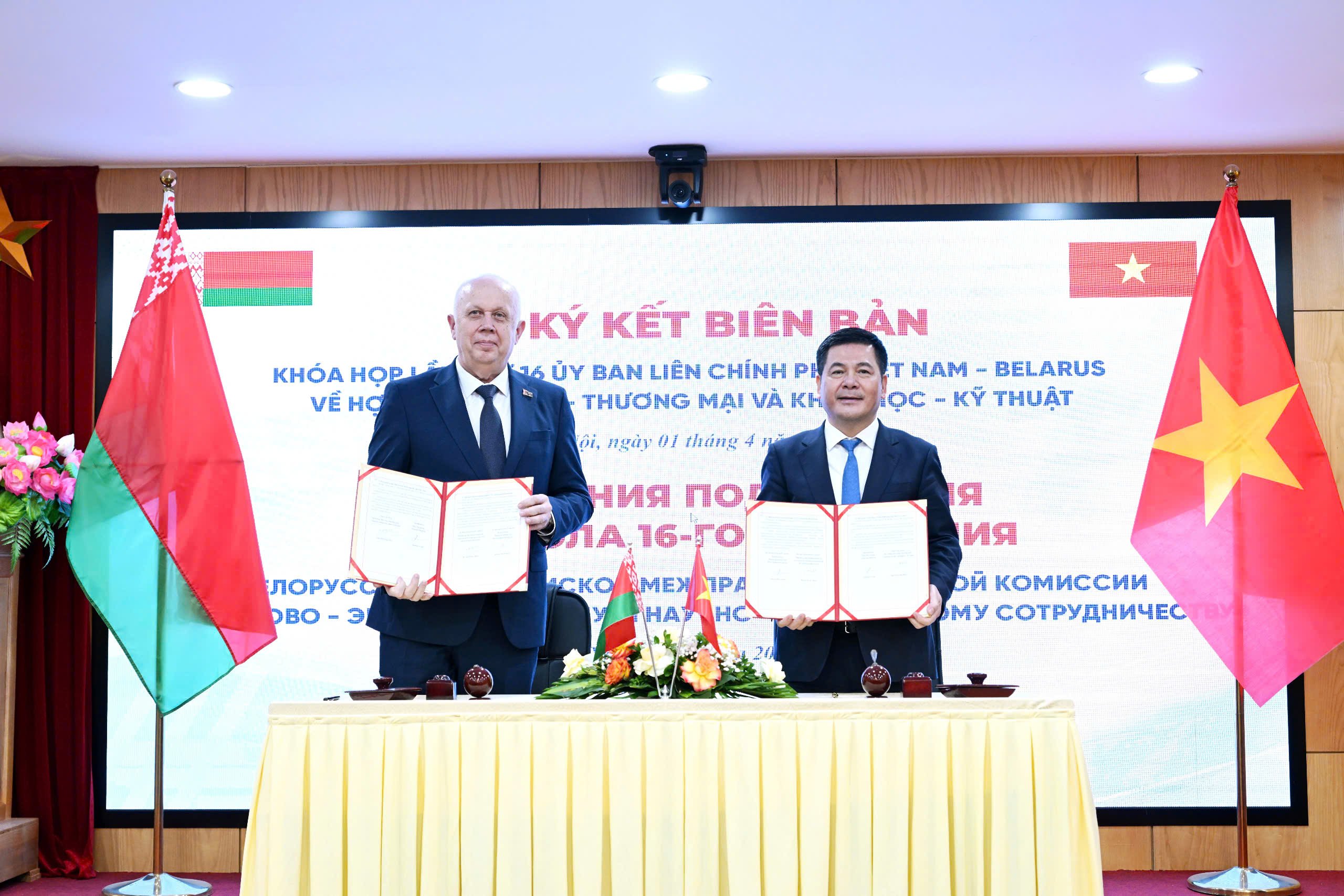



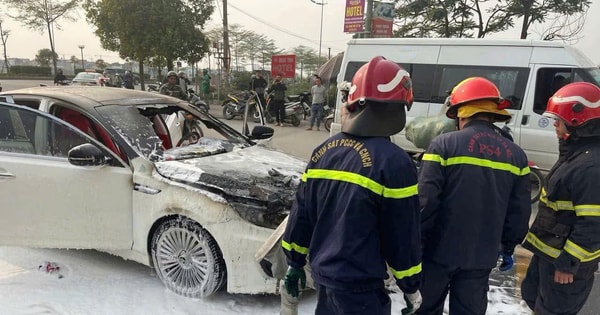

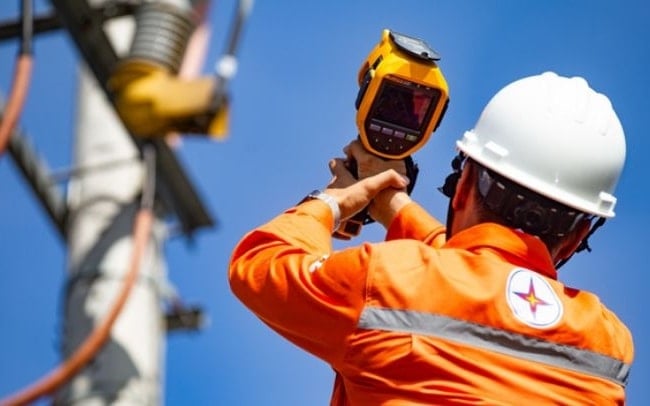














Comment (0)